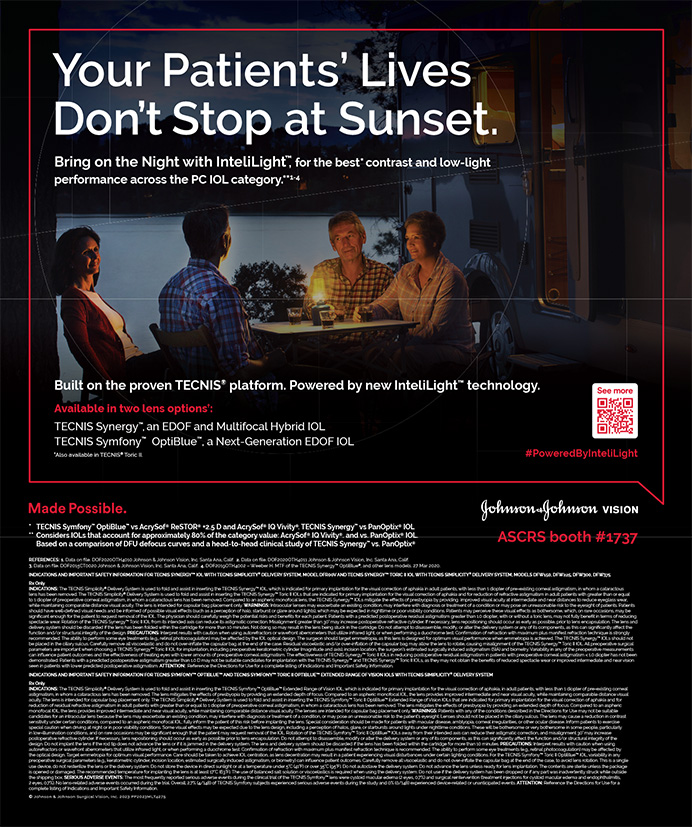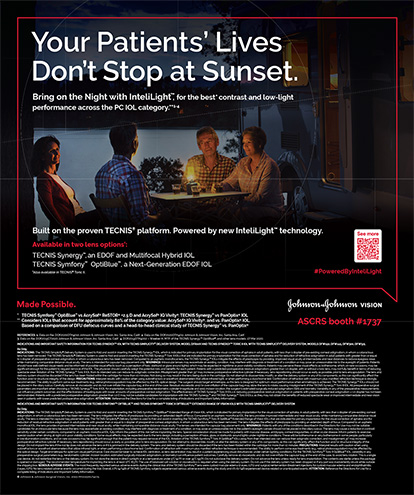We are all taught an immense amount during medical school, internship, residency, and fellowships. Almost invariably, however, the glaring defect in our professional learning pattern is not preparing young doctors to enter the world of business and entrepreneurship. They should learn about negotiating office and instrument leases, hiring and firing employees, protecting their assets, and choosing a medical insurance company.
Unfortunately, most professors have never been in private practice, and the deans of medical schools generally do not recruit private practitioners to share their expertise. As a result, it seems as if the majority of problems new ophthalmologists have when entering private practice are related to business and personal decisions rather than medicine. They receive their training in these matters at the school of hard knocks.
This article shares some advice based on my experience.
WHAT IS RICH?
Six months ago, I read several of the books from the Rich Dad series by Robert Kiyosaki and Sharon Lechter, which I found to be very well done and provocative overall. One of the most important concepts the books' authors presented was the definition of rich. They propose that it is a situation in which you can continue your lifestyle without working. For a 28-year-old recent college graduate student with a new job, that might mean paying rent on an apartment, paying off a car and college/medical school loans, and spending money on a few beers with friends every night. Any investments that brought in $8,000 per month would probably make such a person rich. By the time this same individual is an ophthalmologist with a staff of 20 and a 7,000-square-foot office, a spouse, and two children in college, rich might mean $90,000 per month without working. To determine if someone is rich, one must look at his expenses as well as his incoming funds.
My advice is to position yourself so that your investments are secure with a known rate of return, to increase them on a regular basis, and to reduce your expenses (both personal and professional) as much as possible. Do not count on a junior partner's taking over and your getting a free ride. Do not expect your practice to sell for $2 million, as it might have 15 years ago. Do not assume your office real estate will fetch top dollar. When you become desperate to sell, prices are often dramatically reduced.
Also, ensure that your disability insurance is adequate and determine if you can get more at a reasonable price.
YOUR TEAM
Do you have a well-coordinated team composed of a trustworthy accountant, a lawyer, a banker, an insurance agent, and what I call a money manager with limited authority? I was astounded how often important discrepancies in my documents were discovered when these professionals discussed and reviewed each other's advice. I have found it beneficial for these professionals to work independently of each other instead of being a part of the same referral group and simply supporting each other. I want some skeptics on my side who work for me. If you do not have such a team, I suggest getting one.
THE LONG TERM
Part of your lawyer's job should be to advise you or to find an associate who can advise you on protecting your assets. There have been many important improvements in this area during the past 15 years, and you should be aware of them.
Long-term medical care after hospitalization has bankrupted many families. Look into methods of paying for such care for members of your family. I have found that term insurance for such care does not return unused premiums. Alternatives such as life insurance for your children might be worth considering, because the money you contribute can be used by your grandchildren tax free if you do not require the funds for extended medical care. I am not a financial planner or a lawyer. Talk to these professionals and ask the hard questions.
Plan for the bad times during the good times. Ophthalmic care has both mandatory and elective components that will always be important, but reimbursement can change in an instant. Do not think that the status quo lasts forever. It does not. Be smart and plan for the future.
Lee T. Nordan, MD, is a technology consultant for Vision Membrane Technologies, Inc., in San Diego. Dr. Nordan may be reached at (858) 487-9600; laserltn@aol.com.


